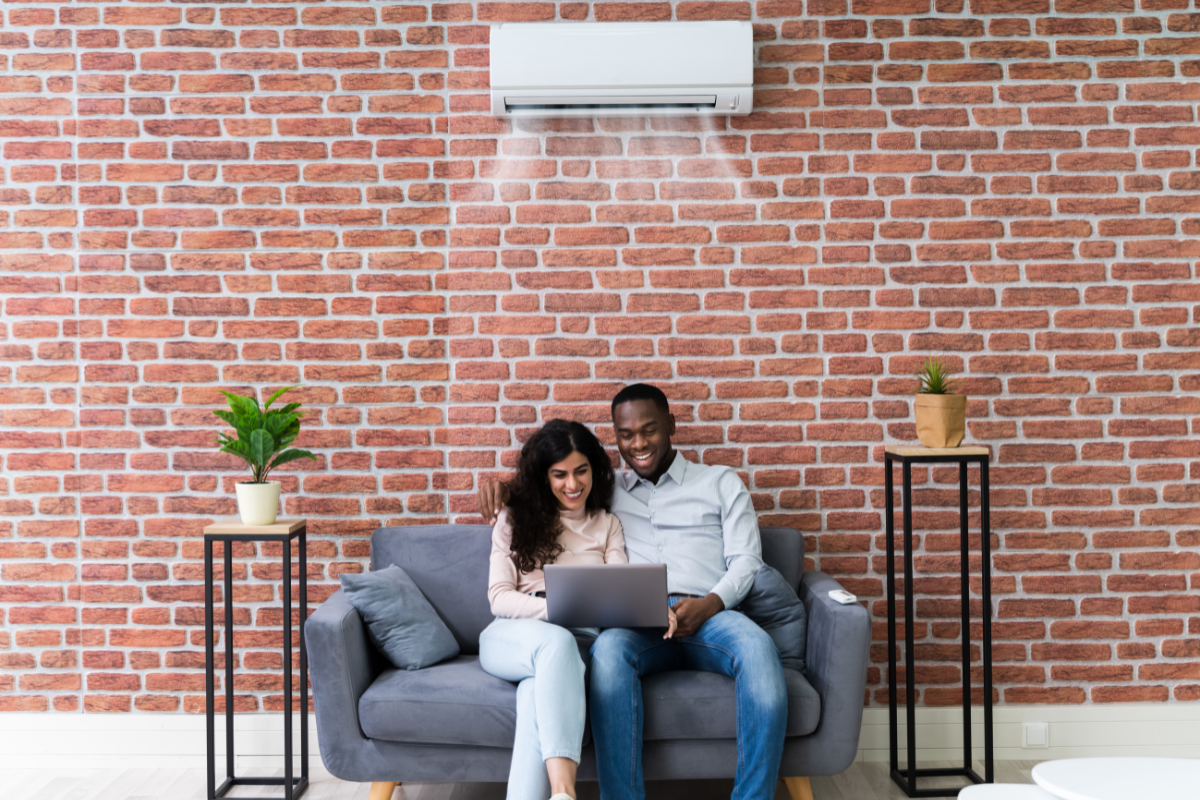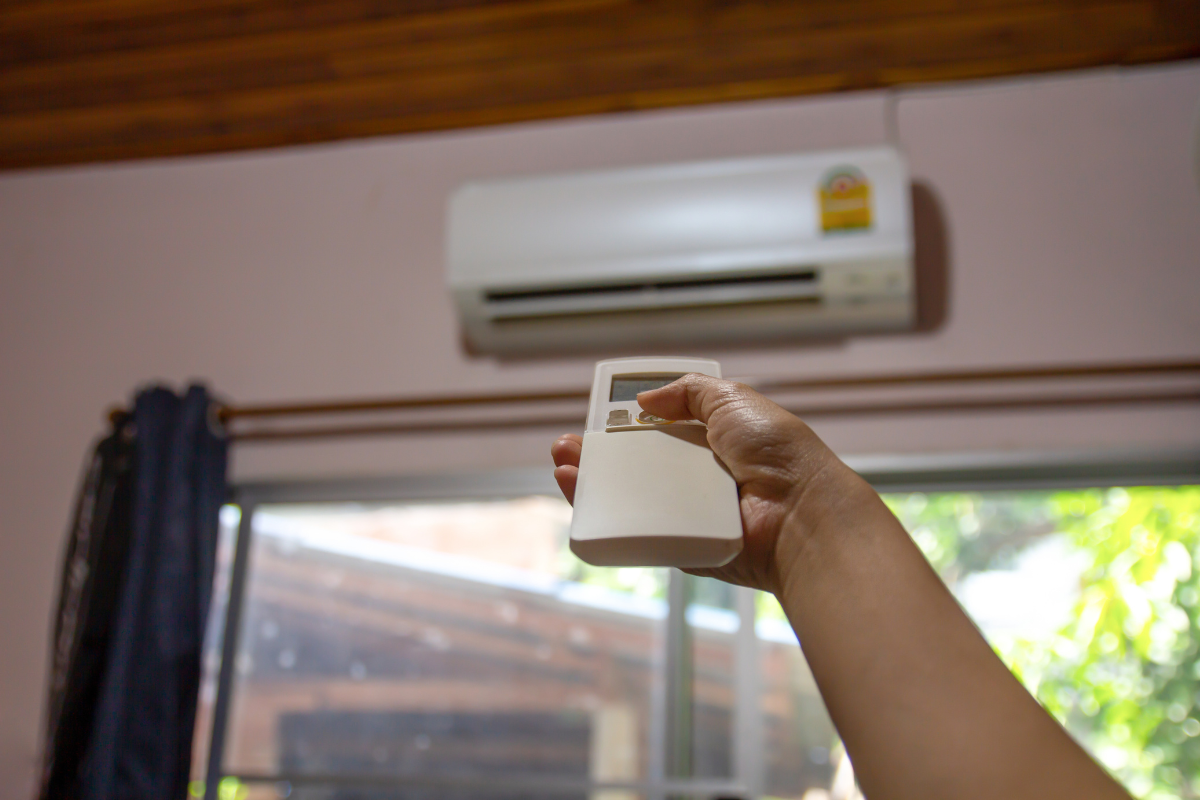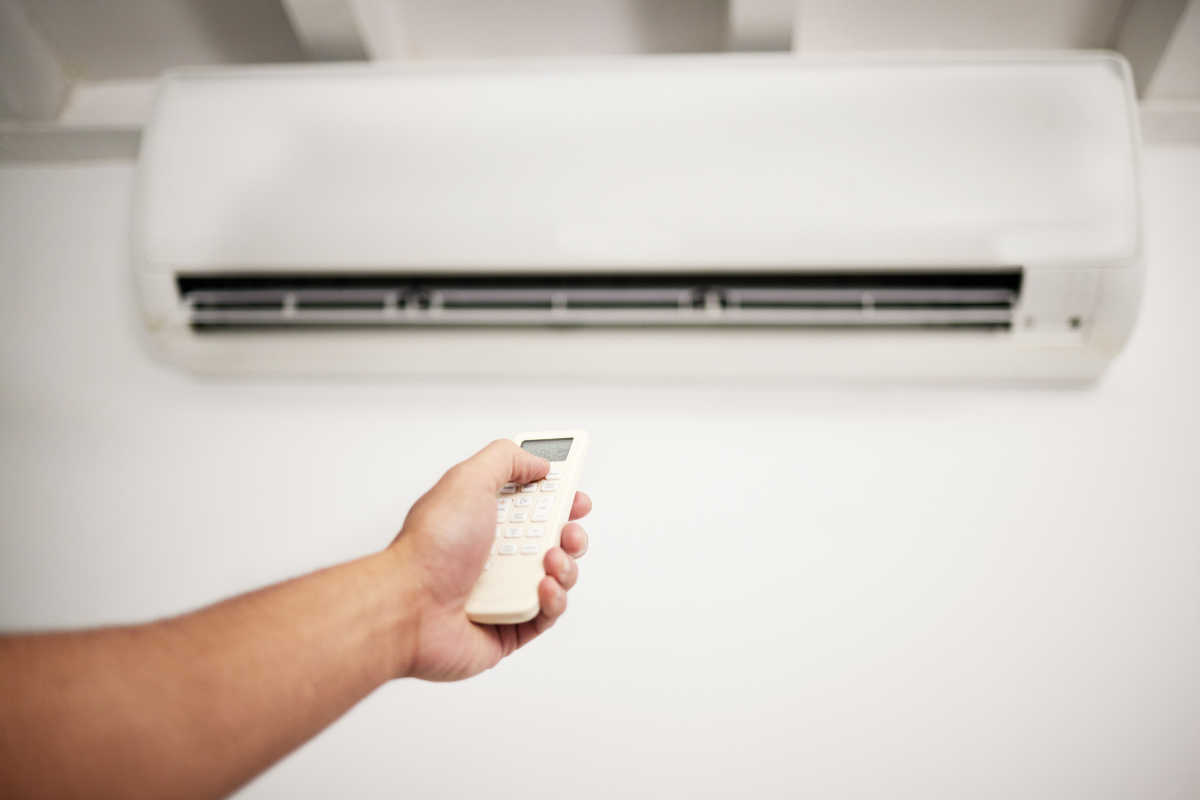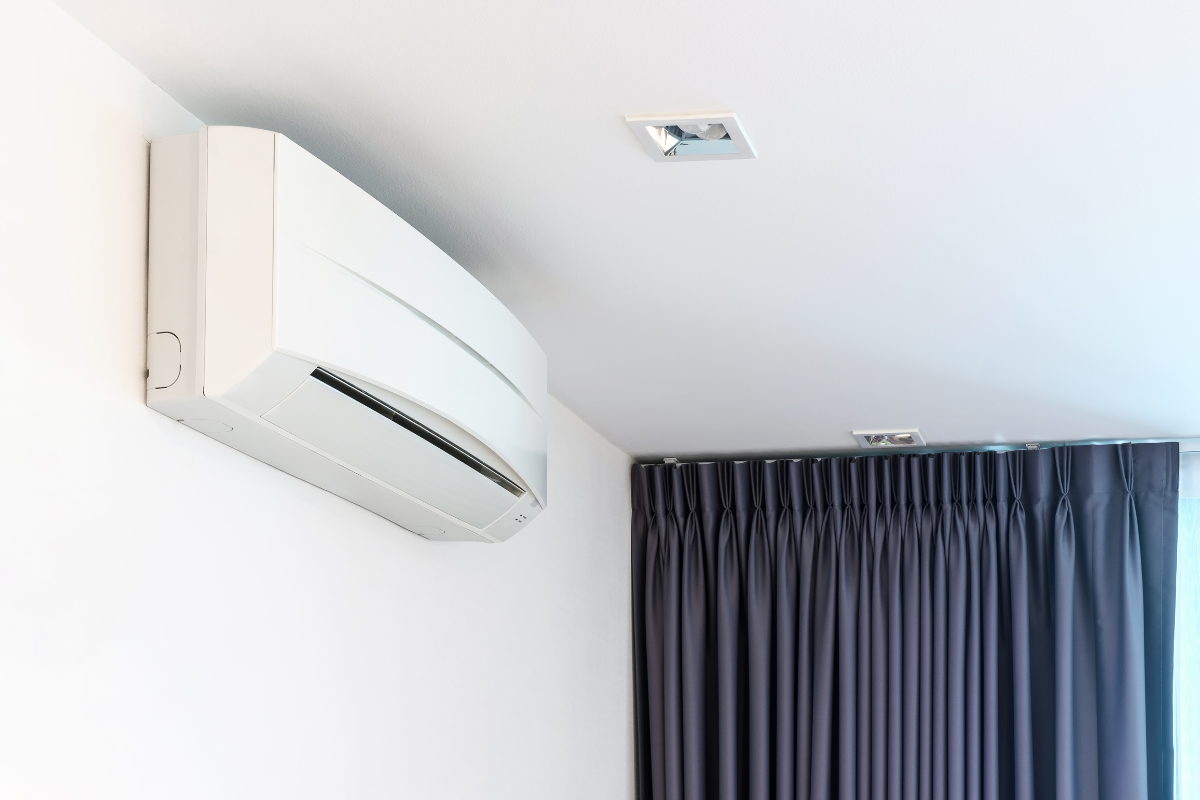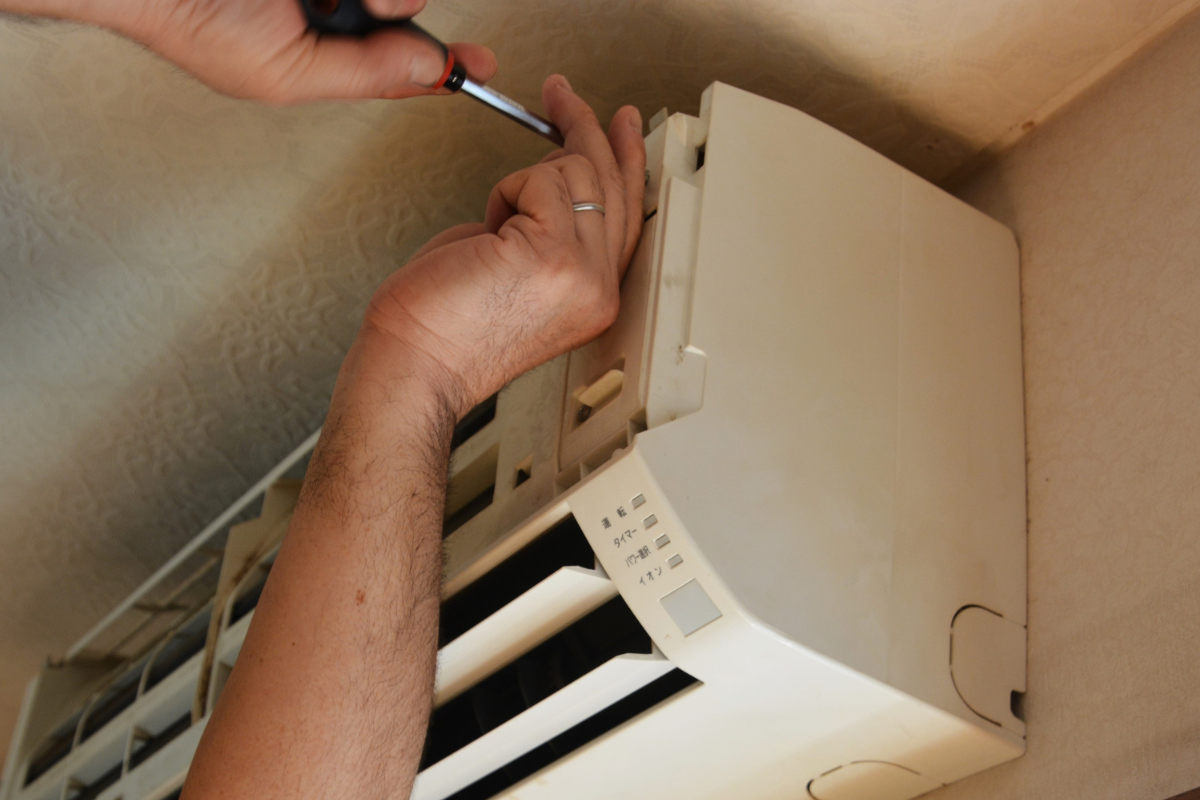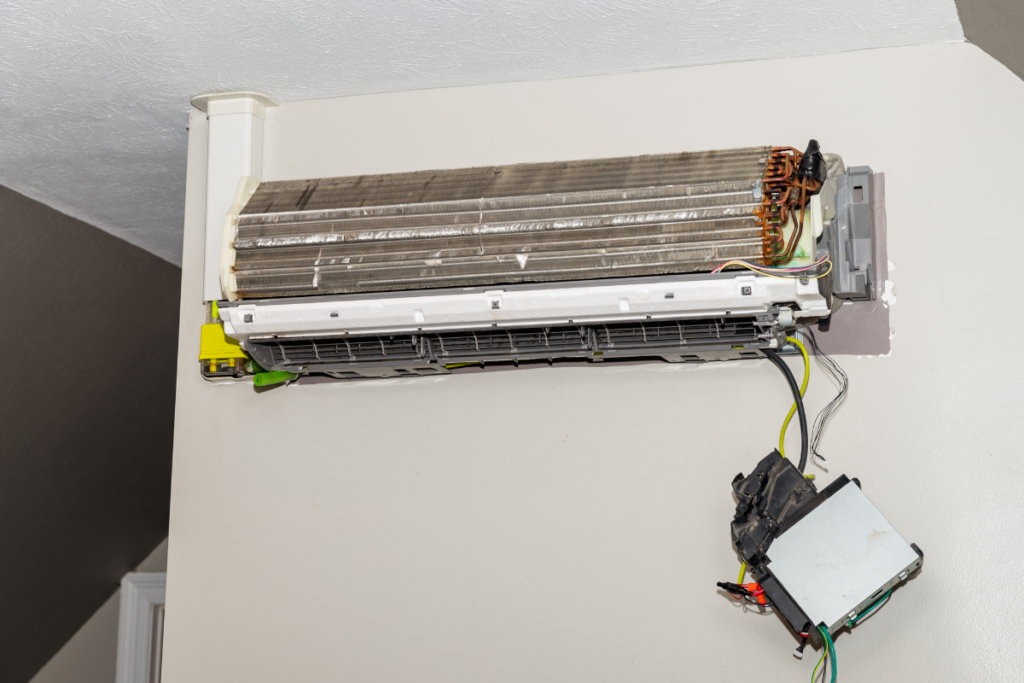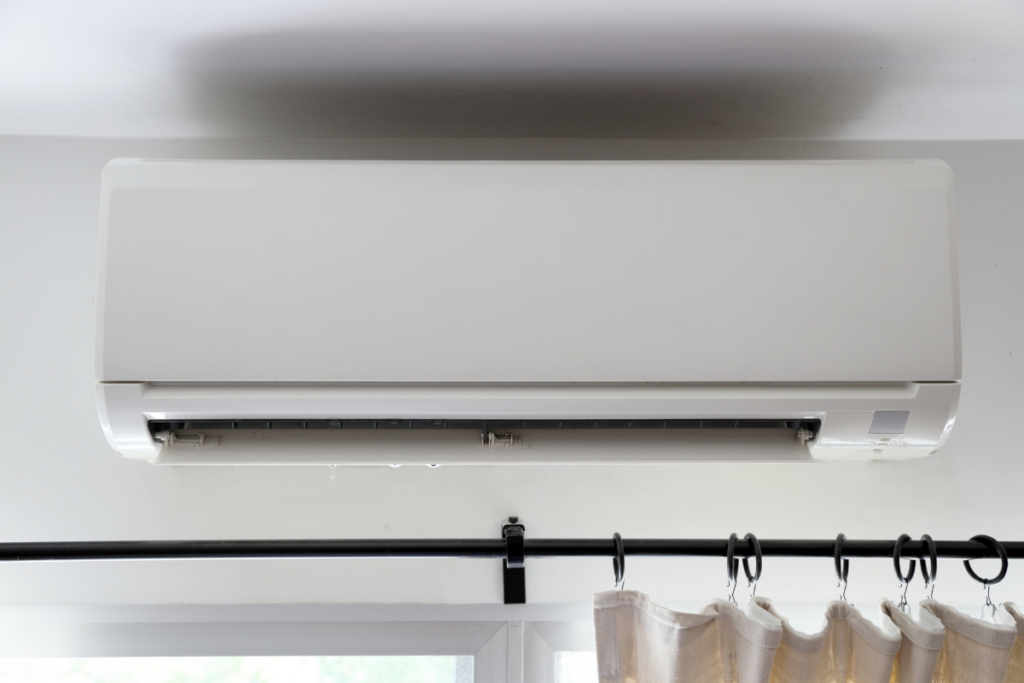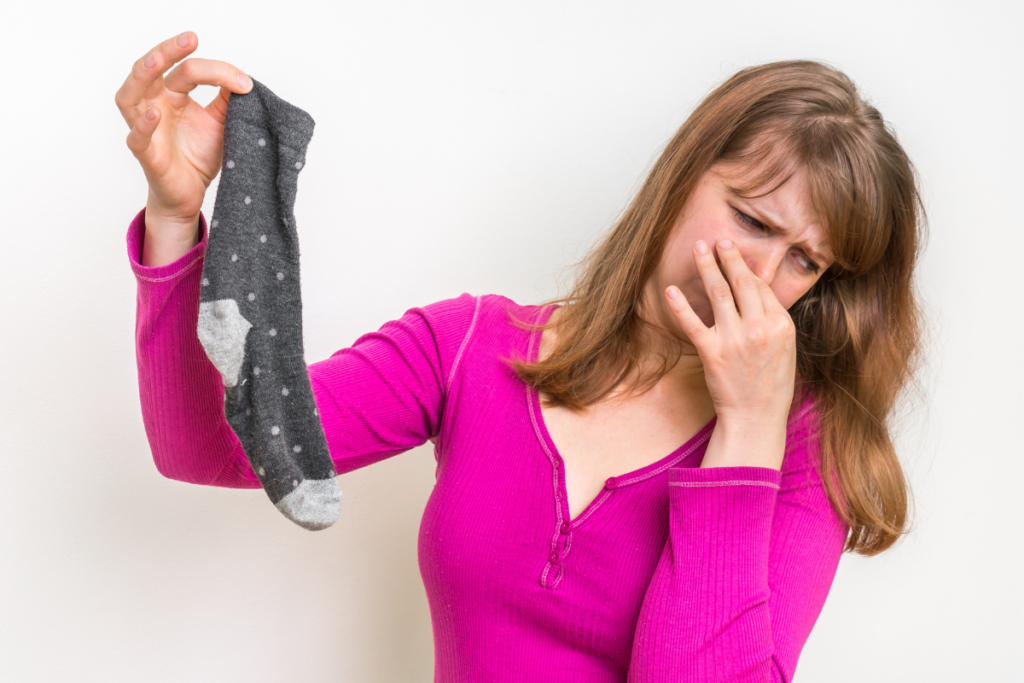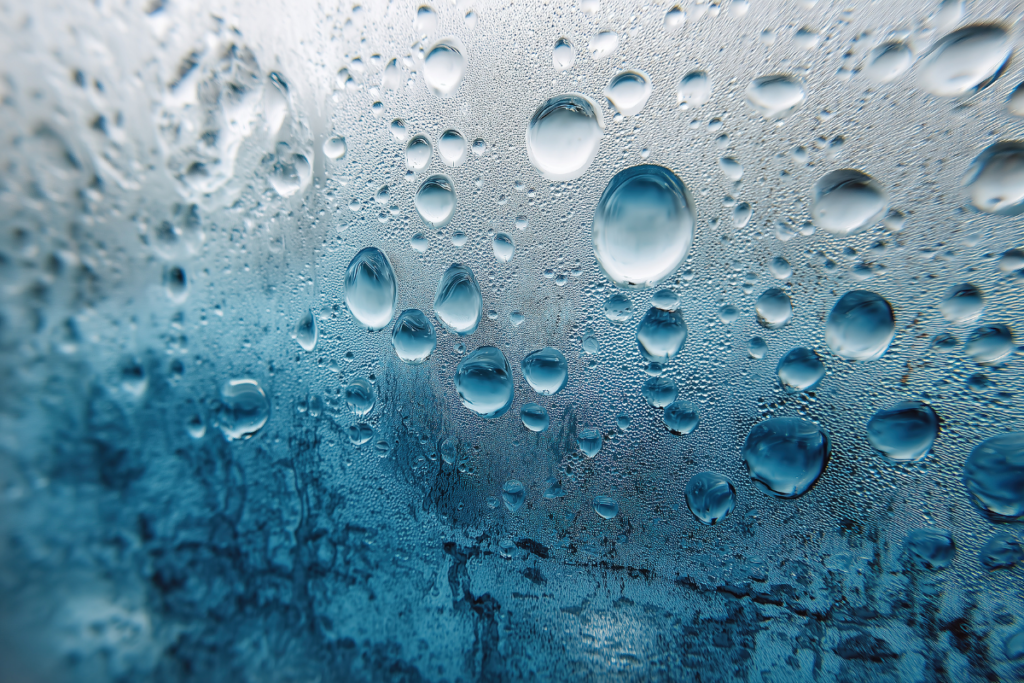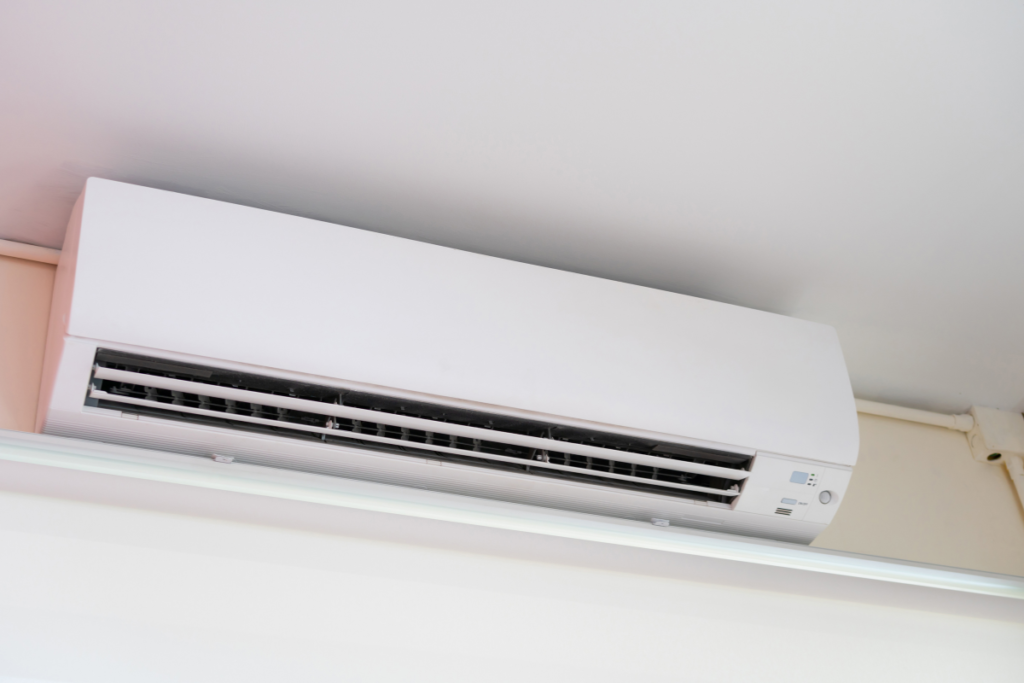Air conditioners and allergies have a complex relationship. Many people rely on air conditioning to stay comfortable during hot weather, but they may not realize that their system could be affecting their health. If not properly maintained, air conditioners can worsen allergy symptoms by circulating dust, mold, and bacteria. Poor air quality and allergies often go hand in hand, making it essential to keep AC units clean and well-maintained. But do air conditioners trigger allergies? The answer depends on various factors, including air filter cleanliness, humidity levels, and mold growth within the system.
How Air Conditioners Affect Allergies
Air conditioners and allergies can be linked in both positive and negative ways. When functioning correctly, an AC unit can improve indoor air quality by filtering out allergens such as pollen, dust mites, and pet dander. However, a poorly maintained system can lead to air conditioner allergy symptoms like sneezing, congestion, and itchy eyes. This occurs when allergens build up inside the unit and are continuously circulated throughout the home.
The Role of Filters in Indoor Air Quality
One of the main reasons air conditioners and allergies are connected is the condition of the air filter. A dirty or clogged filter fails to trap allergens effectively, leading to poor air quality and allergies. Regularly changing or cleaning air filters can significantly reduce airborne allergens, making the indoor environment safer for allergy sufferers. Using high-efficiency particulate air (HEPA) filters can further enhance air filtration and minimize exposure to allergens.
Mold Growth in Air Conditioners
Mold in air conditioners is another major concern for allergy sufferers. Moisture buildup inside an AC unit creates a perfect environment for mold growth. Once mold spores develop, they can be circulated through the air, triggering allergic reactions. To prevent mold in air conditioners, homeowners should ensure that their unit is properly drained and regularly cleaned. If mold growth is detected, professional cleaning may be necessary to maintain a healthy indoor environment.
Humidity Control and Allergies
Air conditioners help regulate indoor humidity levels, which is essential for allergy prevention. High humidity promotes mold and dust mite growth, both of which contribute to allergy symptoms. Conversely, excessively dry air can irritate the respiratory system. The key is maintaining a balanced humidity level, typically between 30% and 50%. By doing so, an AC unit can help reduce air conditioner allergy symptoms and create a more comfortable living space.
The Impact of Air Conditioning in Gold Coast
For those living in humid climates, air conditioning in Gold Coast and similar regions is essential for comfort. However, without proper care, AC units can contribute to poor air quality and allergies. Homeowners should take extra precautions by ensuring their systems remain clean and well-maintained. Investing in high-quality filters and humidity control devices can make a significant difference in reducing air conditioner allergy symptoms.
The relationship between air conditioners and allergies depends on maintenance and air quality management. While air conditioners can provide relief by filtering allergens and controlling humidity, they can also worsen symptoms if not properly maintained. Issues like mold in air conditioners and poor air quality can significantly impact allergy sufferers, making it crucial to understand the potential risks associated with air conditioning systems.

